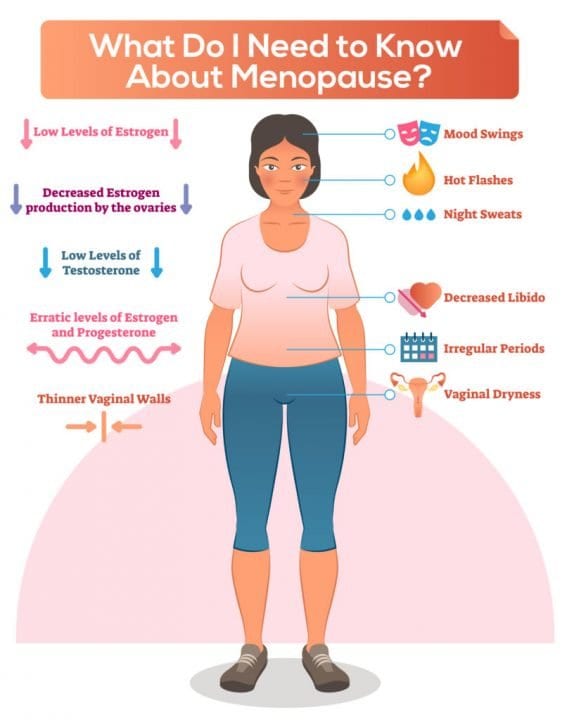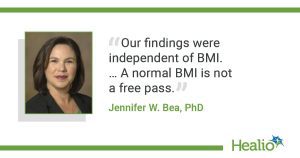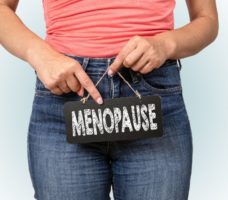 Menopause can be a confusing and difficult time for many women. There are a number of unpleasant symptoms that we’ve all heard of – such as hot flashes and mood swings – as well as some that may come as a surprise. In addition, menopause can be different for every woman, so how do you know what to expect?
Menopause can be a confusing and difficult time for many women. There are a number of unpleasant symptoms that we’ve all heard of – such as hot flashes and mood swings – as well as some that may come as a surprise. In addition, menopause can be different for every woman, so how do you know what to expect?
Below, we answer some of the most frequently asked questions about menopause – when to expect it, what you may experience and what you can do about it.
When Does Menopause Occur?
You have fully reached menopause when your ovaries stop releasing eggs – after you’ve gone a full year without a menstrual period. On average, this will occur by age 51 for American women. However, women may start experiencing symptoms in their 40s or even 30s.
How Will I Know It’s Coming?
Before menopause comes perimenopause. During this time, women’s ovaries gradually start producing less estrogen. Perimenopause can begin up to 15 years before menopause. During the last one to two years of perimenopause, the drop in estrogen speeds up – causing women to experience menopause symptoms.
What Are the Symptoms?
There are a number of symptoms that women experience during perimenopause and menopause itself:
- Hot flashes: These occur because of changing estrogen levels. Hot flashes can come on suddenly and include flushing of the neck and face, red blotches on the arms and chest, and sweating followed by shivering. They can last anywhere between 30 seconds and 10 minutes.
- Mood changes: Women may find themselves increasingly anxious or irritable during this time.
- Trouble sleeping: This can happen because of insomnia or night sweats. A lack of sleep over the long-term can cause fatigue and memory problems.
- Vaginal dryness: Women experiencing this symptom may see an increase in vaginal or urinary tract infections. In addition, bladder muscles can weaken – leading to urinary incontinence.
- Difficulty focusing: Whether due to lack of sleep or hormonal fluctuations, this can be a frustrating symptom for many women.
- Hair loss: Thanks again to hormonal imbalances, some women may experience a loss of hair on their head, but could grow more hair on their face.
- Changes in sex drive: Some women report not being as aroused during perimenopause or menopause, leading to a decreased sex drive. Other symptoms may also contribute to this change, such as vaginal dryness, night sweats, mood swings and bladder control issues. On the other hand, some women experience an increased sex drive during this time.
Are the Symptoms Dangerous?
The above symptoms have no long-term, life-threatening consequences. However, the loss of estrogen occurring during menopause can put women at a higher risk for osteoporosis and heart disease. Because these conditions can develop silently, make sure to have ongoing discussions with your doctor.
How Can I Manage My Symptoms?
There are various treatments that can help relieve some menopause symptoms. Make sure you consult with your doctor about the best way to address your specific needs. Some of the treatments may include:
- Hormone therapy: Taking a low dose of estrogen can help reduce and improve hot flashes, night sweats and vaginal dryness – in addition to preventing bone loss.
- Low-dose antidepressants: Certain selective serotonin reuptake inhibitors (SSRIs) can decrease hot flashes. It’s a good option for women who can’t take estrogen.
- Vaginal estrogen: Estrogen can be applied topically (via cream, tablet or ring) to reduce vaginal dryness, improve intercourse and relieve some urinary symptoms.
- Gabapentin: Gabapentin (as well as Neurontin or Gralise) has been shown to reduce hot flashes.
- Osteoporosis medications: Your doctor might recommend a medication that helps prevent or treat osteoporosis in order to reduce bone loss and risk of fractures.
What if I’m on Birth Control Pills?
Since birth control pills help regulate your hormone levels, they may prevent you from recognizing when your body’s natural estrogen and progesterone levels decrease. This is doubly true because hormonal birth control can cause symptoms similar to those experienced during menopause.
When Should I Stop Taking the Pill?
If you suspect you are experiencing perimenopause or menopause, you can stop taking the pill and allow your natural cycle to resume. Keep in mind it takes some time for this to occur. If you continue to experience menopause-like symptoms, it’s likely safe to assume they’re because of menopause and not hormonal birth control.
However, there can be some benefits to taking birth control during perimenopause, such as fewer hot flashes, regulated periods, reduced bleeding and pain, and maintaining bone health and strength. Make sure to speak with your doctor about when or how to stop taking it.
When Is Childbearing Really off the Table?
Some medical professionals recommend that women use some form of birth control for the first year after their last period. Once a woman has gone 12 consecutive months without a period, she has passed through menopause and doesn’t need to worry about getting pregnant.
When Do I See a Doctor?
Some women wait until their annual physical exam to address their symptoms with a doctor. However, if you’re experiencing concerning symptoms, it’s important to consult your primary care physician sooner than later. Some reasons to see your doctor include:
- Very heavy periods
- Periods with blood clots
- Periods lasting several days longer than usual
- Spotting between periods
- Spotting after sex
If any of your menopause symptoms are interfering with your quality of life, we encourage you to talk to your provider at Comprehensive Primary Care to determine what treatment options are best for you.
This content was originally published here.








